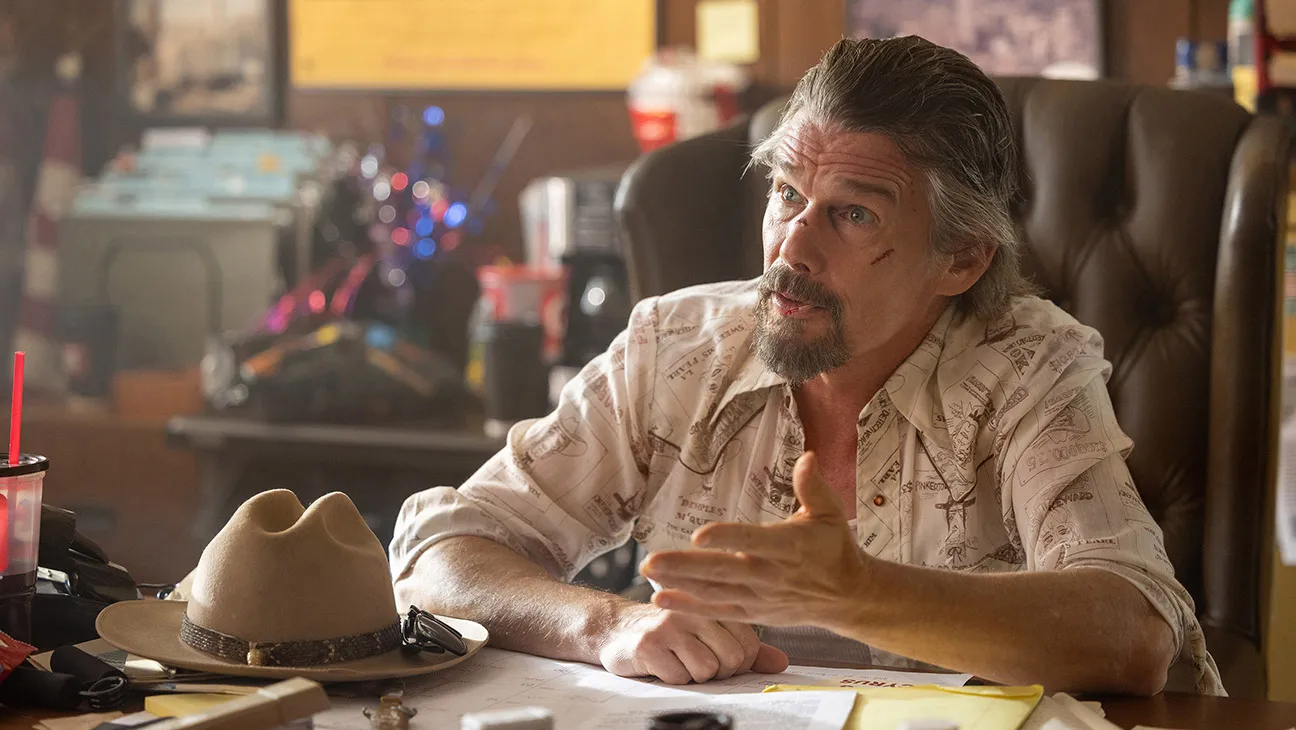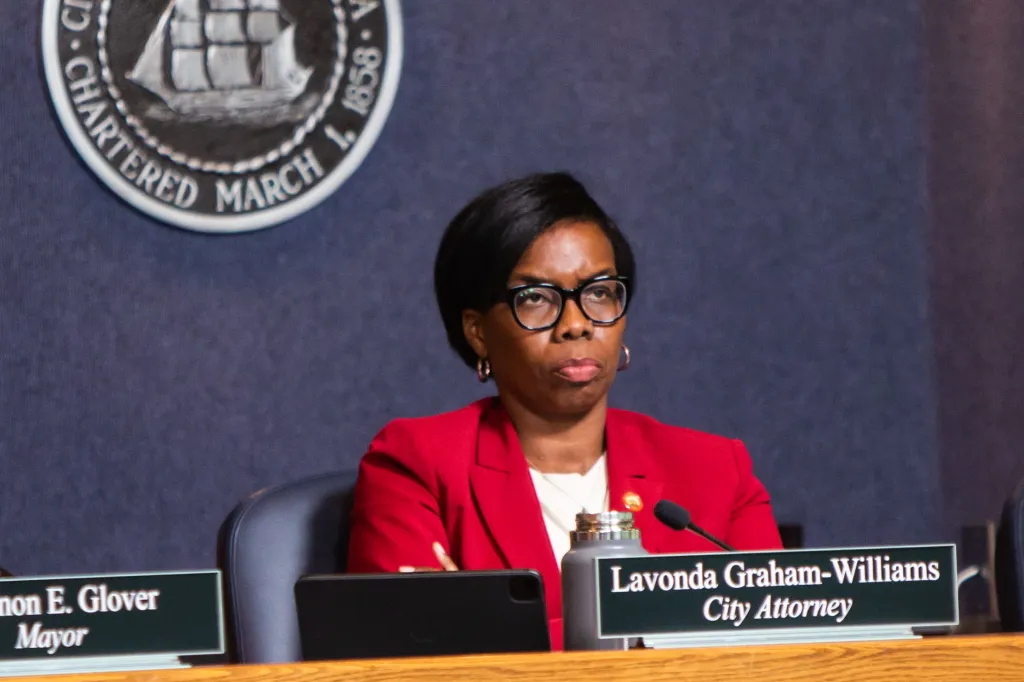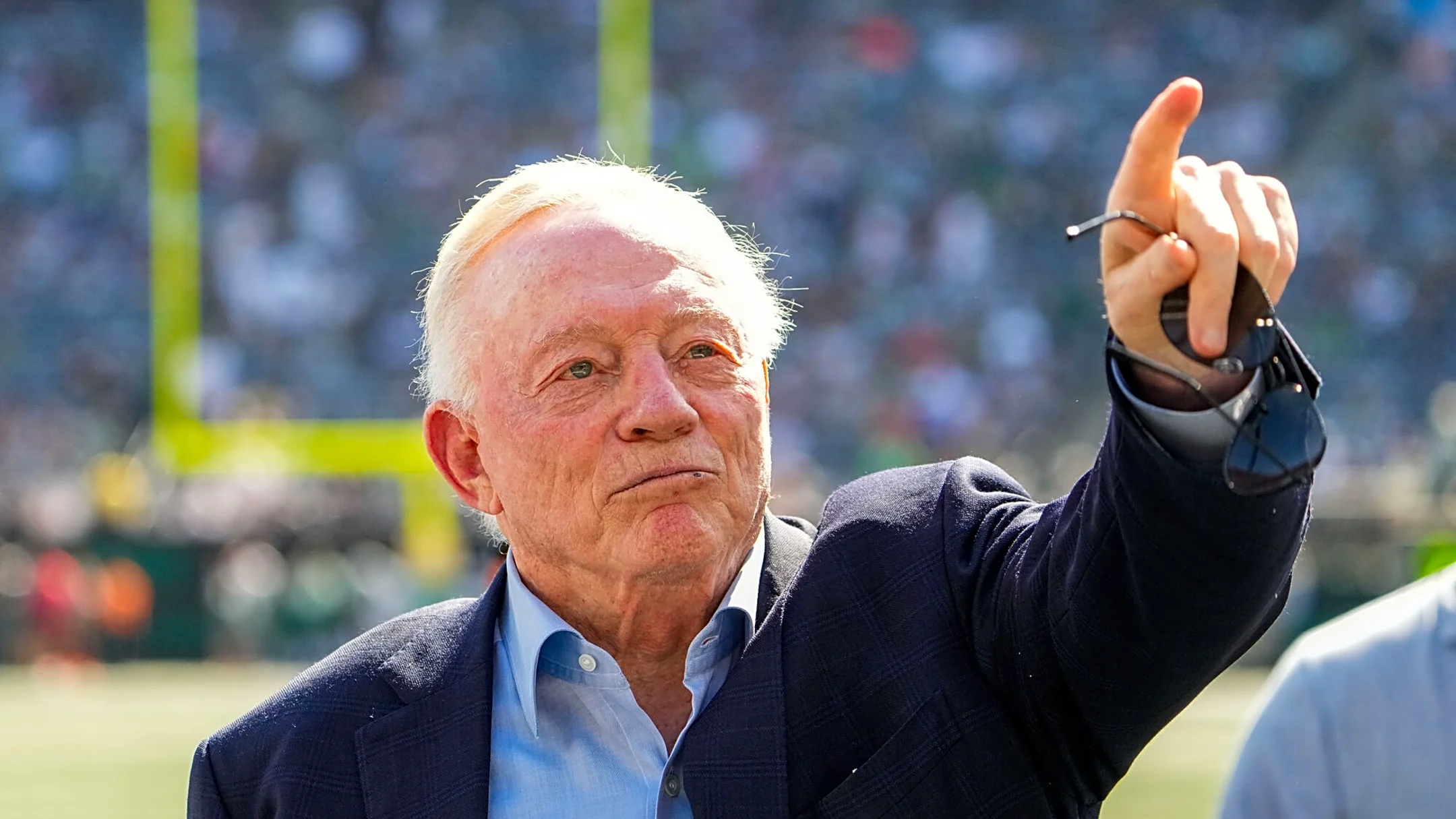Copyright The Hollywood Reporter

[This story contains spoilers for “The Sensitive Kind,” the season finale of The Lowdown on FX.] A lot of dark things have happened over the course of The Lowdown, including a host of murders; a man being literally tarred and feathered by a white supremacist cabal; and the death of an elderly Native man (played by Graham Greene) that series protagonist Lee Raybon (Ethan Hawke) inadvertently caused. That’s all in keeping with the kinds of noir stories that influenced creator Sterlin Harjo. The season finale of the FX series, however, breaks from the often despairing endings of many noir tales by giving the good guys some victories — albeit at a cost. After doggedly investigating the shady dealings of Oklahoma gubernatorial candidate Donald Washberg (Kyle MacLachlan) and the death of Donald’s brother Dale (TIm Blake Nelson), Lee prepares one final exposé about how Dale really died. But after laying out the tale to Donald, he pivots, making a deal with Donald to return some Washberg family land — which Donald, through a group of business leaders, was set to sell to the aforementioned white supremacists known as One Well — to an Indigenous nation within Oklahoma. Lee, in turn, publishes not a damning takedown of the Washbergs (though he doesn’t pull punches) but a tribute to Dale that he titles “The Sensitive Kind” (which is also the name of the finale and was a working title for the series before it became The Lowdown). It even closes with a wedding, as Lee attends the marriage of his ex-wife Samantha (Kaniehtiio Horn) and her fiancé Johnny (Rafael Casal) and tries to explain to his daughter (Ryan Kiera Armstrong) why she’ll be better off living with Samantha and Johny full-time. “I’m very proud of the finale,” Harjo, who directed and co-wrote the finale with Liz Blood, tells The Hollywood Reporter. “I think it encapsulates everything that I like about doing this show. We were trying our best to land the plane, and I think that we did it.” Harjo talked with THR about why he chose to move away from a bleaker ending, why Donald Washberg isn’t really a bad guy, his thoughts about possible future seasons — and how a conversation with rock legend Robert Plant inspired one of the funniest scenes in the episode. One of the things that really struck me about the finale is that it ends on a more upbeat note than a lot of noir stories do. I’m curious why you chose that way to go for rather than the “Forget it, Jake” route. It’s obviously not as grim as Chinatown is. But I think that there is a conflict at the end that we have to recognize, which is everything that Lee has said that he believes in as a truthstorian, he kind of has to go against by writing this article and not writing [a version of it] that he claims is going to get the Pulitzer Prize. It’s a measure of, are you a good man? That’s something Betty Jo [Jeanne Tripplehorn] says early on the pilot, she’s talking about Dale like “He was a good man. He was good man.” Then we cut to Lee, and the question is superimposed over him as well. That’s, in the end, what he has to figure out. Is it worth bruising your ego and not writing this amazing article? Is that more important? Is that good? Is what’s righteous more important than that? There’s that conflict. I don’t like happy endings, per se. I like them sliding right in the middle. I feel like it could have been happier, but it could definitely have been a lot more bleak. But also, it’s a show, and I feel like after taking people on this ride, I want to give them something [positive]. People have been saying to Lee throughout the show that his self-perception is not the way he comes off to other people, but after Chutto [Mato Wayuhi] throws the brick through his window and they have their conversation about how Lee caused Chutto’s grandfather’s death, it seems to be the moment where it finally sinks in that his crusade is not uniformly making the world a better place. I think there’s a question of, as journalists, who are you writing for? Because [Lee] is not listening to the people around him that he supposedly cares about. Chutto has told him this is only going to cause problems, and he didn’t listen, and he got somebody killed. So who is truly writing for? Where does his passion lie? Is it really just to make a name for himself, or is it to tell the truth and to try to be as pure as you can in your endeavors. He kind of committed the worst sin as a journalist, because he was getting involved, and it got somebody killed. I mean, that’s one of the more bleak things. Yes, he has some personal triumphs and the show ends on an upbeat note, but man, there’s a dude dead because of him. That’s gonna weigh on you, and it’s going to probably make you question your line of work and what you’re doing, which I think had an effect on what he chose to do next, and why he chose to write the article about Dale. Once Lee lays out the whole story of Dale’s death for Donald, he seems to really recoil from everything going on with One Well and says he didn’t really know the details. He just wanted the money. How much of that is genuinely true and how much of that is calculated on Donald’s part? Oh, it’s politics, baby. He does say that to one of his backers, but he seems to stride the line between genuinely being upset at learning about how involved his benefactor Frank [Tracy Letts] and Betty Jo were in Dale’s death and also a calculation that will help his election chances. Without batting an eye, Donald can pivot and use this to help his endeavors to become governor. But I also think he does care about his brother and the truth, but what’s caring if you can’t also use it to better yourself and your family? I think that’s how Donald feels about life in general. He can walk away from Betty Jo easily for his career. And there were obviously feelings there, and I hope that it comes across that he probably has some real tears in there, and he’s inherently good, I think, but he’s not above using it for political gain. You cast several people who are from Tulsa or other parts of Oklahoma — Jeanne Tripplehorn, Tim Blake Nelson and Tracy Letts most prominently — and I’m assuming that was not a coincidence. Why did you want to have some folks with ties to your location in the series? I knew that they would be passionate about it, and I knew that they would understand the world. I think that when people watch the show, it feels like a very unique world to some people from the outside. You’ve got Native bodyguards that are guarding the store that just got out of prison, who are interacting with the guy that has the vinyl shop and the lawyer. You’ve got Cyrus, who’s got this quote-unquote booty rag — all of these people, and that’s very Oklahoma. It’s a very working-class state, and everyone that came here was in a bad situation, whether it was the Trail of Tears, freed slaves, an outlaw trying to find oil. Most of us come from people who were having to fight their way for survival. There is an ease and there is a sort of level playing field here, that I think people who are from here could understand. We all grew up together. Not that there aren’t problems, and not that there’s not division, but I feel like people from here understand the dynamics. Also, I just wanted to celebrate them. They inspired me as a young filmmaker. I never left here, really. I’m from rural Oklahoma, and I was always really excited to see that people from here could be artists, and people from here could be in movies. I wanted to celebrate that and sort of reclaim them a bit and say, “Yeah, you’re ours” and give them that respect, because they’ve been out there doing things for so long. It was like, what if we do something at home? How would you feel about that? Everyone was really excited. The finale has one of the funnier scenes I’ve seen in a while when Marty [Keith David] either gets grazed by a bullet or cut by broken glass as they’re leaving One Well and he’s screaming at Lee about the cow pills Lee gives him to dull the pain. I don’t know that I’ve ever seen Keith David go that over the top funny before. It was so fun. I’ll tell you where that came from — it’s a crazy story. The musician who does the score for the show, JD McPherson, he also plays guitar for Robert Plant and Alison Krauss and tours with them. One day he calls me up and says, “Sterlin, how would you feel about driving Robert Plant to the Tallgrass Prairie Preserve and going to see some free-range buffalo?” It’s up in Osage country. So I was like, of course, are you kidding me? I’ll drive Robert Plant anywhere. So I end up driving him to the Tallgrass Prairie with JD in the back. He’s the loveliest guy. He’s telling stories, and we’re just talking, chatting the whole time. I was really nervous about what music I would play while he’s in the car, and that was a nerve-wracking thing. I decided to play kind of old country, which he’s into. We’re driving up there, and he starts telling this story about bovine vagina relaxant pills and how someone in [Led Zeppelin] — I’m not going to say the name, but do the math — someone in the band got into some of these one time. They were tuning up before the show, and they heard what was coming out of the person’s instrument, and Robert said, “I looked at Jimmy [Page], and I said, Jimmy, this is going to be an acoustic set.” Apparently, they’re very strong. He told me this story, and it just stuck with me. I was like, I’ve got to find a way to get that in there. Then I thought, I haven’t seen Keith David go wild like that, and I want to see it, so I wrote it. Filming it was so funny. I couldn’t hold it together. There’s just something about Keith David frustrated and cursing. That is some of the funniest things. He’s got the best line readings of anyone when he’s cursing, I believe. It was one of my favorite days of shooting. When Marty brings Donald to meet with Lee at Cyrus’ [Mike “Killer Mike” Render] place, I thought it was a really nice echo of the cop blowout in episode five — I assume that was intentional as well? It was definitely an exact mirror, like a smaller, more intimate mirror of that scene. Lee probably told Cyrus about it, and, Lee’s like, “Man, I’m gonna fuck with this guy too. I’m gonna give it back to him.” It was so fun shooting that, because everyone was so excited. I went in and talked to everyone that was in the scene. I had cousins in the scene and stuff. I said, “Look, here’s who Donald Washergn is. This is what we’re doing. Feel free to give them attitude.” We’re mirroring this scene where they took [Lee] to a cop party, and it was very intimidating. I was like, “I want you all to intimidate the shit out of [Donald]. Do what you need to do.” [laughs] It was supposed to mirror that and not be just a cute coincidence. But also, it represents Cyrus and his neighborhood, and it’s a place where Donald’s really out of his comfort zone, because he’s not politicking. I think that it really shows his vulnerability — and Donald’s not a bad guy, you know? Earlier [in episode seven], when the Native protesters come to him when he’s doing the land grab [re-enactment], I made sure in the script that he addresses the protester as Irene. He knows her, and he knows her so well, it’s a first-name basis. I don’t think he’s a bad guy. He’s probably talked to her, he’s dealt with her, and he knows who she is. He’s not an inherently racist guy, but he’s also, without even knowing it, participating in something that is systemically racist. Those nuances were really important for me to tell. FX hasn’t made the call on a second season yet, but where would you want to see the show go from here? I mean, I’ve thought about many seasons of this show. I’ve thought about other projects — there was always an idea of going deeper into Oklahoma and some of these relationships that Lee has made in the first season. And you look at your show and see how people are responding. People love Waylon [Cody Lightning], so I wonder what [there is to explore with him]. And Cyrus — Killer Mike is amazing. Sometimes that stuff guides it. I have ideas. I was telling somebody, The Rockford Files did it every episode. We could do every season. Interview edited and condensed.



